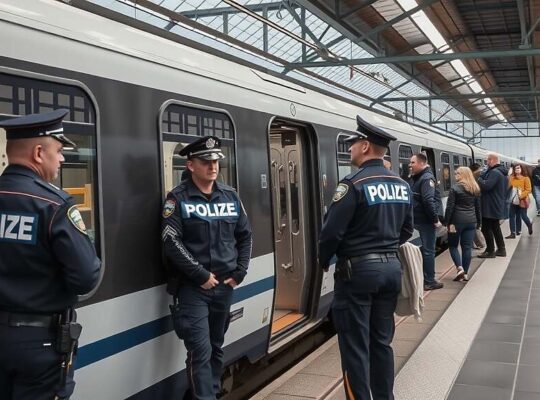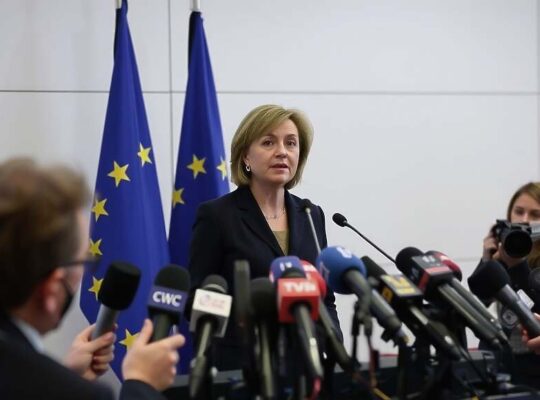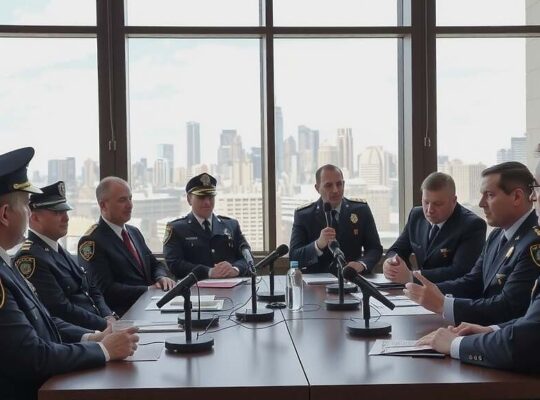Investigations are underway in Frankfurt, Germany, implicating 17 police officers from the city’s 1st Police Precinct in a widening scandal that raises serious questions about potential abuse of power and systemic failures within the force. The Frankfurt Public Prosecutor’s Office, in collaboration with the State Criminal Investigation Department, has launched a probe focusing on allegations that operational reports were altered or incompletely documented.
The core of the suspicion centers around the potentially unlawful targeting of innocent individuals. Authorities have confirmed, for the first time, that at least two individuals subjected to police interventions required medical treatment – one receiving care during the operation itself. This detail amplifies concerns regarding the legitimacy of the actions undertaken. Notably, several of the officers under scrutiny were off-duty during the raids, prompting investigators to examine whether they possessed prior knowledge of the operations.
While prosecutors have ruled out a direct link to previous controversies such as the “NSU 2.0” affair and the “Idiotentreff” chat group, the current investigation exposes deeper-rooted problems within the police department. The Hessian Interior Ministry has vehemently denied accusations that evidence of misconduct was ignored, although it concedes that the current police criminal statistics do not provide a specific breakdown of investigations pertaining to police employees. Records indicate between 43 and 68 instances of alleged office misconduct between 2019 and 2024, including charges of assault while on duty and hindering prosecution. A concerning increase in disciplinary proceedings within the Frankfurt Police Headquarters, from eleven cases in 2020 to twenty-two in 2024, highlights the growing scope of internal concerns, though formal sanctions remain rare.
The 1st Police Precinct has been subject to prolonged criticism and current police director Stefan Müller has been tasked with restructuring reporting procedures and introducing regular case reviews in an effort to address the issues. The Interior Ministry points to reforms implemented following the “NSU 2.0” scandal-including mandatory anti-racism training, supervision programs and rotation systems aiming to disrupt problematic group dynamics-as a foundation for addressing past failings.
However, critical observers question the effectiveness of these measures given the scale of current allegations. A lengthy, scientifically-driven study, tentatively named the “Police and Administration Barometer” has been commissioned to provide insights into the organisational culture and stressors within the Hessian police force. However, the publication of initial findings remains distant, scheduled for no earlier than 2026. The delayed timeline raises questions about the immediate accountability and necessary rapid response to the present crisis of confidence in the city’s police force.












